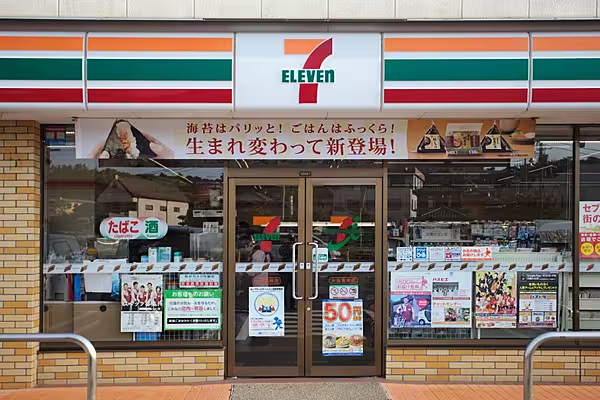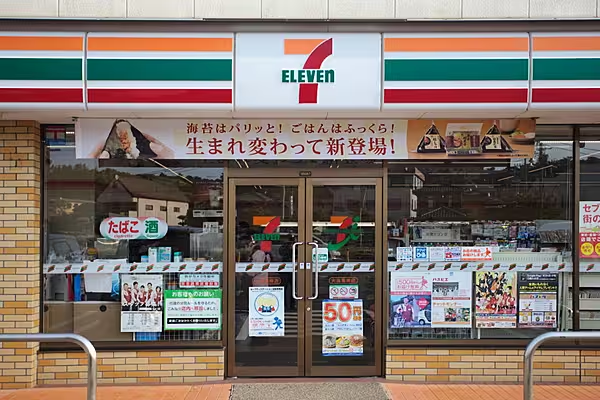Greek supermarket sales reached €12.1 billion in 2024 – a 2.6% increase compared to the previous year, but down from year-on-year gains of 9.3% in 2023 and 7.5% in 2022, according to media reports citing data from Circana.
Sales volume grew slightly faster at 2.8% in Greece, a rebound that follows slower growth in 2022 (+0.5%) and 2023 (+2.5%) due to significant price inflation.
Supermarket sales growth was primarily driven by increased consumer spending rather than high prices, contrasting with the previous two years of significant inflation-fuelled revenue increases.
Notably, price reductions were observed in categories like detergents and cosmetics, likely due to government intervention.
Circana reported a slight deflation in the domestic consumer goods basket, with the average price per item decreasing by 0.2%.
Volume increases were seen across all major product categories: food (2.8%), personal care (3.1%), and household care (1.5%), with dairy products (6.1%), alcoholic beverages (5.1%), frozen food (5%), and soft drinks (4.6%) leading the way.
However, while food sales value increased by 3.6%, personal care and household care saw slight declines (-0.9%), likely due to increased promotional activity in these categories.
Promotional Activity
Promotional activity intensified across all categories, with personal care seeing the highest share of promoted products (28.8%), followed by household care (25.9%), and food items (25.6%).
Private label brands continued to perform strongly, though at a slower pace than the peak inflation years of 2022 and 2023, with 4.4% turnover growth compared to 2% for branded goods.
Private label market share reached 26.7%, a 0.4 percentage point increase compared with 2023.
Sales of promoted products saw a 0.4% increase to 25.7%, showing that promotional intensity remained high despite some expectations of a decrease due to government measures.
Circana data indicates the market is projected to grow by 3% in value in 2025, continuing the trend.










